Introduction
As 2025 unfolds, the landscape of pet care in the US continues to evolve, making it more crucial than ever to understand how to best protect our beloved animal companions. Finding a reliable veterinarian near me is often the first step for pet owners seeking quality care, whether it's for routine check-ups or unexpected emergencies. However, with rising veterinary costs, pet insurance has become an indispensable tool, transforming how many families manage their pets' health expenses. This guide delves into the specifics of US pet insurance, focusing on crucial aspects like dental and exotic pet coverage, and providing a clear cost analysis to help you make informed decisions for your furry, scaled, or feathered friends. Ensuring your pet has access to a quality veterinarian near me without financial strain is a top priority for responsible pet ownership.
Coverage Details
Understanding what pet insurance covers, and equally important, what it excludes, is fundamental to choosing the right policy. Policies can vary significantly between providers, but generally, they aim to mitigate the financial burden of veterinary care.
What’s Included
Most comprehensive pet insurance plans offer a broad range of coverage for unexpected accidents and illnesses. This typically includes:
-
Accidents: Injuries from falls, bites, car accidents, broken bones, and poisoning.
-
Illnesses: Conditions such as infections, allergies, diabetes, arthritis, cancer, and digestive issues.
-
Diagnostic Tests: X-rays, MRIs, CT scans, blood tests, and lab work required to diagnose a condition.
-
Procedures & Treatments: Surgeries, hospitalization, specialist consultations, emergency care, and prescribed medications.
-
Chronic Conditions: Ongoing care for long-term illnesses, provided the condition wasn't pre-existing.
-
Behavioral Therapy: Coverage for consultations with veterinary behaviorists to address issues like anxiety or aggression.
-
Alternative Therapies: Acupuncture, chiropractic care, and hydrotherapy for specific conditions, if recommended by a licensed veterinarian near me.
Some higher-tier plans may also offer wellness add-ons, covering routine care like annual exams, vaccinations, and parasite prevention, which can be a significant benefit when planning visits to your local veterinarian near me.
Common Exclusions
While pet insurance offers extensive protection, it’s vital to be aware of common exclusions that most policies won't cover. These typically include:
-
Pre-existing Conditions: Any illness or injury that showed symptoms or was diagnosed before the policy effective date or during a waiting period. This is the most significant exclusion for many pet owners.
-
Routine & Preventative Care: Without a specific wellness add-on, standard policies generally do not cover vaccinations, deworming, spaying/neutering, or routine check-ups.
-
Cosmetic Procedures: Elective surgeries such as declawing, ear cropping, or tail docking are typically not covered.
-
Breeding & Pregnancy: Costs associated with breeding, pregnancy, whelping, or nursing are usually excluded.
-
Experimental Treatments: Therapies or medications considered experimental or not yet widely recognized by the veterinary community.
-
Specific Exclusions: Some policies may have breed-specific exclusions or exclusions for certain hereditary or congenital conditions, though this is becoming less common with modern plans.
Always review the policy's terms and conditions carefully to understand exactly what is covered and what is not. This will help you manage expectations when visiting a veterinarian near me.
Specific Coverages: Dental & Exotic Pets
Beyond standard accident and illness coverage, specialized care for dental health and exotic pets requires a closer look, as these areas often have unique considerations.
Dental Care Coverage
Dental health is a critical, yet often overlooked, aspect of a pet's overall well-being. Many pets, especially as they age, develop dental diseases that can lead to serious health issues if left untreated.
-
What's typically covered:
-
Treatment for dental accidents (e.g., broken teeth).
-
Treatment for dental illnesses (e.g., periodontal disease, gingivitis).
-
Extractions due to illness or injury.
-
Root canals and other advanced dental procedures if medically necessary.
-
-
What's often excluded (without add-on):
-
Routine dental cleanings and polishing (prophylactic care).
-
Cosmetic dental procedures.
-
Some insurance providers offer specific dental add-ons that cover routine cleanings, which can significantly reduce out-of-pocket costs at your veterinarian near me. Given the high cost of pet dental procedures, this add-on is highly recommended for pet owners prioritizing oral health.
Exotic Pet Insurance Considerations
While most pet insurance caters to dogs and cats, the market for exotic pet insurance is growing, albeit still niche. Coverage for animals like birds, reptiles, rabbits, and ferrets presents unique challenges and opportunities.
-
Availability: Fewer providers offer exotic pet insurance compared to traditional pet insurance. Those that do may have specific age, species, or health requirements.
-
Coverage Scope: Policies often cover similar areas to dog and cat plans (accidents, illnesses, diagnostic tests, surgery), but exclusions can be more species-specific.
-
Cost: Premiums for exotic pets can vary widely depending on the species, its lifespan, and susceptibility to common ailments. Since specialized care for exotic animals often requires an expert veterinarian near me with specific training, costs can be higher.
-
Finding a Vet: It's essential to ensure you have access to a qualified exotic veterinarian near me before purchasing a policy, as not all vets treat non-traditional pets.
Before committing, research providers thoroughly and ensure their policy aligns with the specific needs and risks associated with your exotic companion.
Accident-Only vs. Comprehensive Plans
When exploring pet insurance options, one of the primary decisions you'll face is choosing between an accident-only vs comprehensive plan. Each type offers distinct levels of protection and comes with its own set of advantages and disadvantages.
Understanding Accident-Only Plans
As the name suggests, accident-only plans are designed to cover veterinary costs associated solely with unexpected injuries. These plans are generally the most affordable option, making them an accessible entry point into pet insurance for budget-conscious owners.
-
Pros:
-
Lower premiums compared to comprehensive plans.
-
Covers significant costs from emergencies like broken bones, lacerations, foreign object ingestion, or poisoning.
-
Can provide peace of mind for sudden, costly events.
-
-
Cons:
-
Does not cover illnesses (e.g., cancer, diabetes, allergies, infections).
-
Does not cover chronic conditions.
-
May not cover diagnostic tests if they are not directly related to an accident.
-
An accident-only plan is a good choice for those primarily concerned about catastrophic injury costs but are prepared to self-fund or have emergency savings for unexpected illnesses. It's a crucial consideration when you assess the potential costs from a veterinarian near me for an emergency visit.
Benefits of Comprehensive Coverage
Comprehensive plans offer the broadest protection, covering both accidents and illnesses, including chronic conditions, hereditary issues, and often even behavioral treatments. While more expensive, they provide extensive peace of mind.
-
Pros:
-
Covers a wide range of medical conditions, from minor ear infections to major surgeries for cancer or organ failure.
-
Often includes diagnostic tests, prescription medications, specialist visits, and sometimes alternative therapies.
-
Many plans offer optional wellness add-ons for routine care.
-
Significantly reduces the financial impact of long-term or severe illnesses.
-
-
Cons:
-
Higher monthly premiums.
-
May still have exclusions for pre-existing conditions or specific hereditary issues depending on the provider.
-
For pet owners seeking the most complete financial safety net for their pet's health, a comprehensive plan is usually the preferred choice. It ensures that regardless of whether your pet faces a sudden injury or a prolonged illness, you have substantial support for care from your veterinarian near me.
Cost Analysis
Understanding the factors that influence pet insurance premiums and how to save money is crucial for making an informed decision. The cost will directly impact your budget and the type of care you can afford from a veterinarian near me.
Price Factors
Several key variables dictate the cost of pet insurance premiums:
-
Pet's Species and Breed: Dogs generally cost more to insure than cats. Certain breeds, especially those predisposed to specific genetic conditions (e.g., hip dysplasia in large dogs, respiratory issues in brachycephalic breeds), often have higher premiums. Exotic pets also have varying costs.
-
Age of the Pet: Younger pets are less expensive to insure. Premiums increase significantly as pets age due to the higher likelihood of developing illnesses and requiring more frequent veterinary care.
-
Location: Veterinary costs vary by region, influenced by local economic factors, population density, and the availability of specialized clinics. Therefore, your proximity to a specific veterinarian near me in a metropolitan area versus a rural one can affect premiums.
-
Deductible: This is the amount you must pay out-of-pocket before your insurance coverage kicks in. Higher deductibles result in lower monthly premiums, but you'll pay more upfront for claims.
-
Reimbursement Level: This is the percentage of eligible vet bills that the insurance company will reimburse you for after you've met your deductible. Common options include 70%, 80%, or 90%. A higher reimbursement level means higher premiums.
-
Annual Limit: This is the maximum amount the insurance company will pay out in claims within a policy year. Policies with higher annual limits (or unlimited coverage) will have higher premiums.
-
Type of Plan: As discussed, comprehensive plans are more expensive than accident-only plans.
-
Add-ons: Adding wellness packages, dental care, or behavioral therapy coverage will increase your premium.
Saving Tips
While pet insurance is an investment, there are several strategies to help make it more affordable:
-
Start Early: Insuring your pet when they are young and healthy means lower premiums and avoids pre-existing condition exclusions for future illnesses.
-
Choose a Higher Deductible: If you have an emergency fund, opting for a higher deductible can significantly lower your monthly premium.
-
Adjust Reimbursement Levels and Annual Limits: Consider a slightly lower reimbursement percentage or annual limit if you're comfortable covering a larger portion of costs yourself.
-
Look for Discounts: Many providers offer discounts for:
-
Multiple pets (multi-pet discount).
-
Paying annually instead of monthly.
-
Veterans or active military personnel.
-
Having certain employer benefits or group affiliations.
-
-
Compare Quotes: Use a pet insurance cost calculator from several different providers to compare pricing and coverage side-by-side. Don't just look at the premium; consider the deductible, reimbursement, and annual limit.
-
Consider an Accident-Only Plan: If comprehensive coverage is out of reach, an accident-only plan provides a safety net for major injuries at a lower cost.
-
Maintain Pet Health: Regular preventative care at your veterinarian near me can help catch issues early, potentially avoiding costly treatments down the line.
Comparing options with a pet insurance cost calculator is an excellent way to see how these variables impact your specific situation and find the most cost-effective plan for your budget. For more resources on insurance, you might find this helpful: Insurance Resources Global.
Finding the Right Veterinarian Near Me
Locating a trusted veterinarian near me is paramount for your pet's ongoing health. Pet insurance helps cover costs, but the quality of care is delivered by your chosen veterinary professional.
How to Locate a Trusted Veterinarian Near Me
Finding the right veterinary practice involves more than just proximity. Consider these steps:
-
Ask for Referrals: Talk to friends, family, pet sitters, or local pet store employees for recommendations.
-
Online Reviews: Check platforms like Google, Yelp, and specialized veterinary directories for reviews and ratings. Look for consistent positive feedback on staff, facilities, and care quality.
-
Professional Organizations: Websites for the American Veterinary Medical Association (AVMA) or state veterinary medical associations can often provide directories of licensed practitioners.
-
Visit the Clinic: If possible, schedule a tour or a brief meet-and-greet. Observe the cleanliness, organization, and the demeanor of the staff and other animals.
-
Emergency Services: Inquire about their emergency protocols. Do they offer 24/7 care, or do they refer to an emergency vet hospital? Knowing this upfront is critical.
Evaluating Your Local Veterinarian Near Me Options
Once you have a few potential options, evaluate them based on factors beyond location:
-
Services Offered: Does the clinic provide comprehensive services, including diagnostics, surgery, dental care, and specialized treatments?
-
Staff Credentials and Experience: Are the veterinarians board-certified? Do they have experience with your specific type of pet?
-
Communication Style: Does the vet clearly explain diagnoses, treatment options, and costs? Do they listen to your concerns?
-
Pricing Transparency: Are fees clearly communicated? Do they offer payment plans or work with pet insurance directly?
-
Technology and Facilities: Does the clinic utilize modern equipment and maintain a clean, safe environment?
Finding the right veterinarian near me is a personal decision, but thorough research ensures your pet receives the best possible care. For more general US insurance information, you can explore US Insurance Home.
FAQs
Navigating the world of pet insurance can bring up several questions. Here are answers to some frequently asked questions, often related to finding a veterinarian near me and managing costs.
How much does veterinarian near me cost?
The cost of veterinary care, even for a routine visit to a veterinarian near me, varies significantly based on the type of service, your pet's condition, the veterinarian's location, and the clinic's pricing structure. For a routine check-up, you might expect to pay anywhere from $50 to $250. However, emergency visits, surgeries, or treatments for chronic illnesses can easily run into hundreds or thousands of dollars. Pet insurance helps to mitigate these unpredictable expenses by reimbursing a percentage of eligible costs after your deductible is met.
What affects premiums?
As detailed in the "Price Factors" section, pet insurance premiums are influenced by several key elements: your pet's species, breed, and age, your geographical location, and your chosen policy's deductible, reimbursement level, and annual limit. Opting for a comprehensive plan with a low deductible and high reimbursement will result in higher premiums than an accident-only plan with a higher deductible. You can use a pet insurance cost calculator to estimate your specific premium.
Is it mandatory?
No, pet insurance is not mandatory in the United States. Unlike human health insurance, there is no legal requirement to have pet insurance. However, due to the escalating costs of veterinary care, many pet owners choose to invest in it to protect their finances and ensure their pets can access necessary treatments without financial limitations. It offers a financial safety net, allowing you to focus on your pet's health with your veterinarian near me rather than worrying about the bill.
How to choose?
Choosing the right pet insurance involves comparing various providers and policy types. Start by assessing your pet's specific needs, breed predispositions, and your budget. Research different plans (accident-only vs. comprehensive), review their coverage details (including dental and exotic pet options if relevant), and pay close attention to exclusions like pre-existing conditions. Use a pet insurance cost calculator from multiple providers to compare quotes, and read customer reviews. Don't hesitate to contact the insurance company directly to clarify any ambiguities in their policy terms. For broader consumer protection insights, you can consult resources from the National Association of Insurance Commissioners or your State Insurance Departments.
Consequences of no coverage?
Without pet insurance, you are solely responsible for 100% of your pet's veterinary bills. This can lead to significant financial strain, especially in cases of unexpected accidents or serious illnesses requiring extensive treatment or surgery. Some pet owners may face the difficult decision of foregoing necessary, potentially life-saving, medical procedures due to prohibitive costs. Having a plan in place, even an accident-only one, means you're better prepared for emergencies and can pursue the best care from your veterinarian near me without solely relying on personal savings or credit.
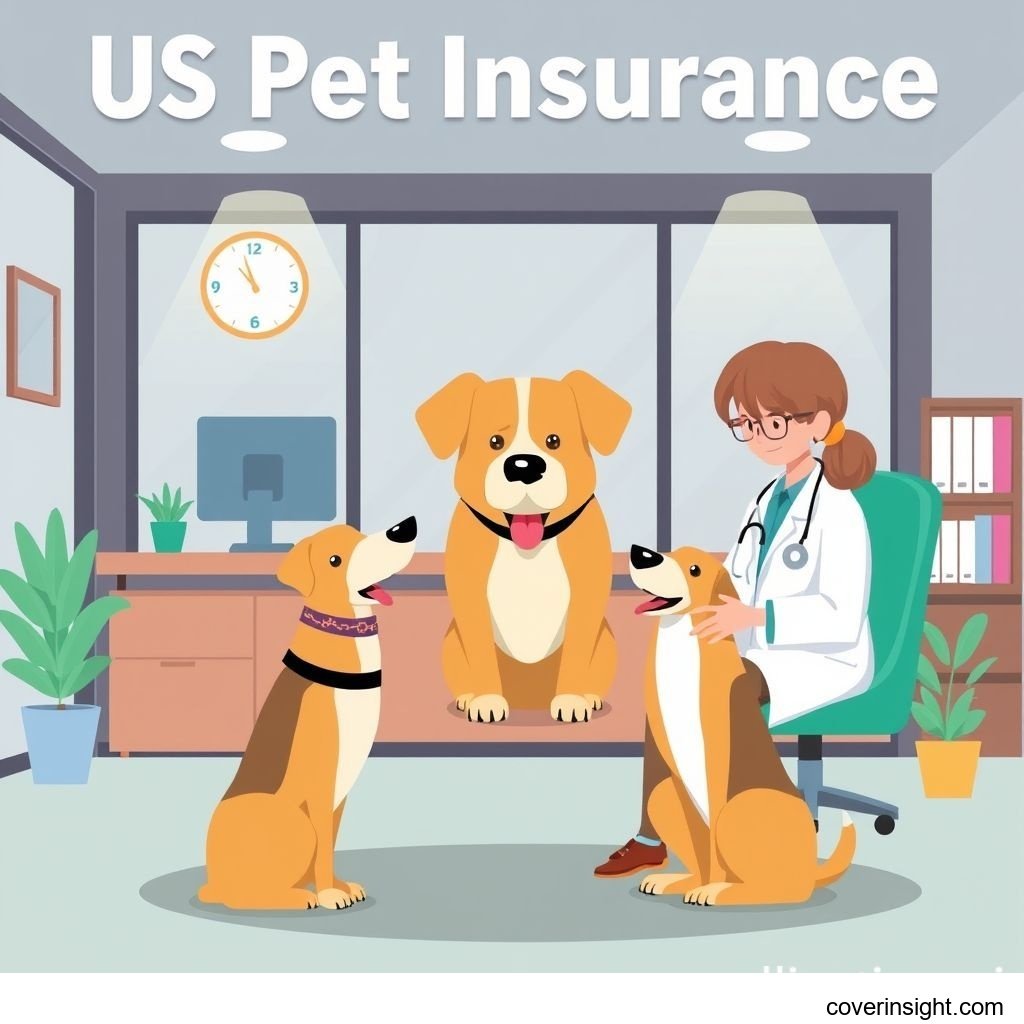
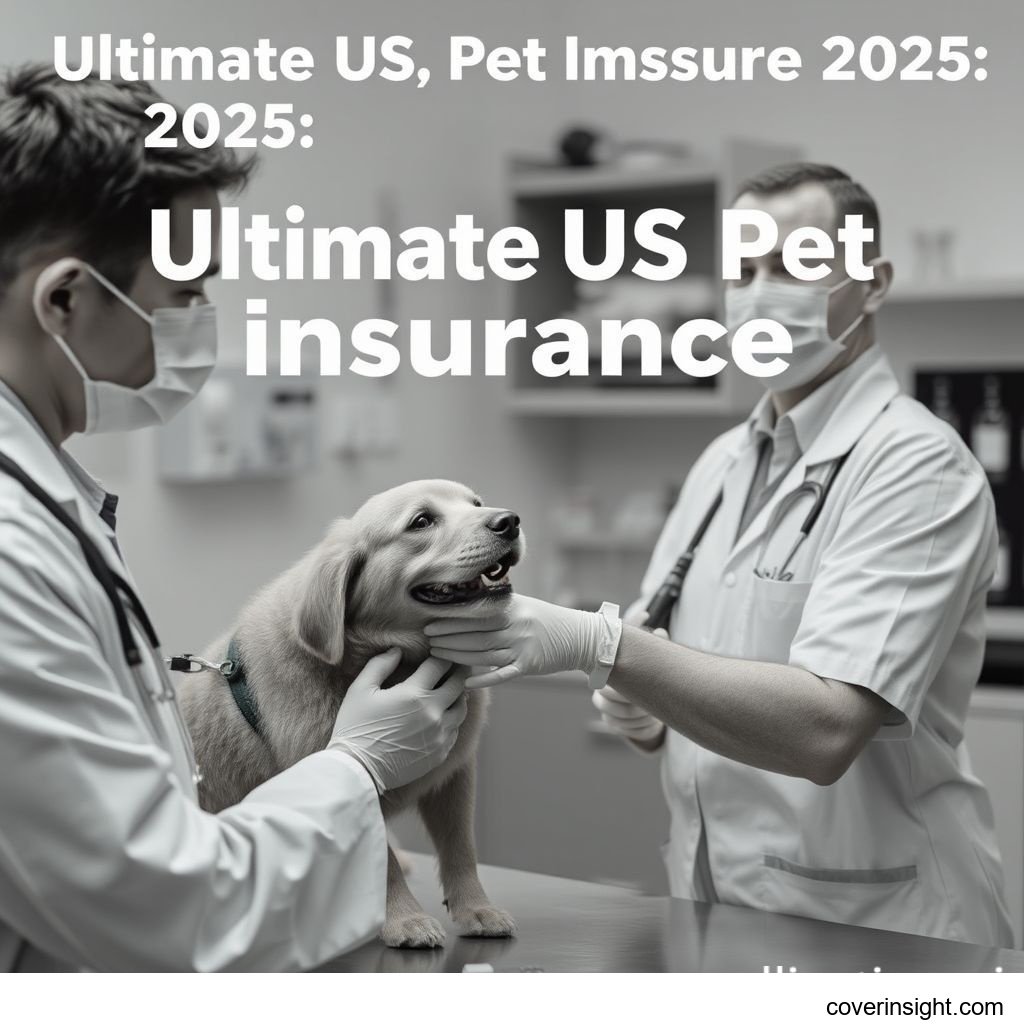
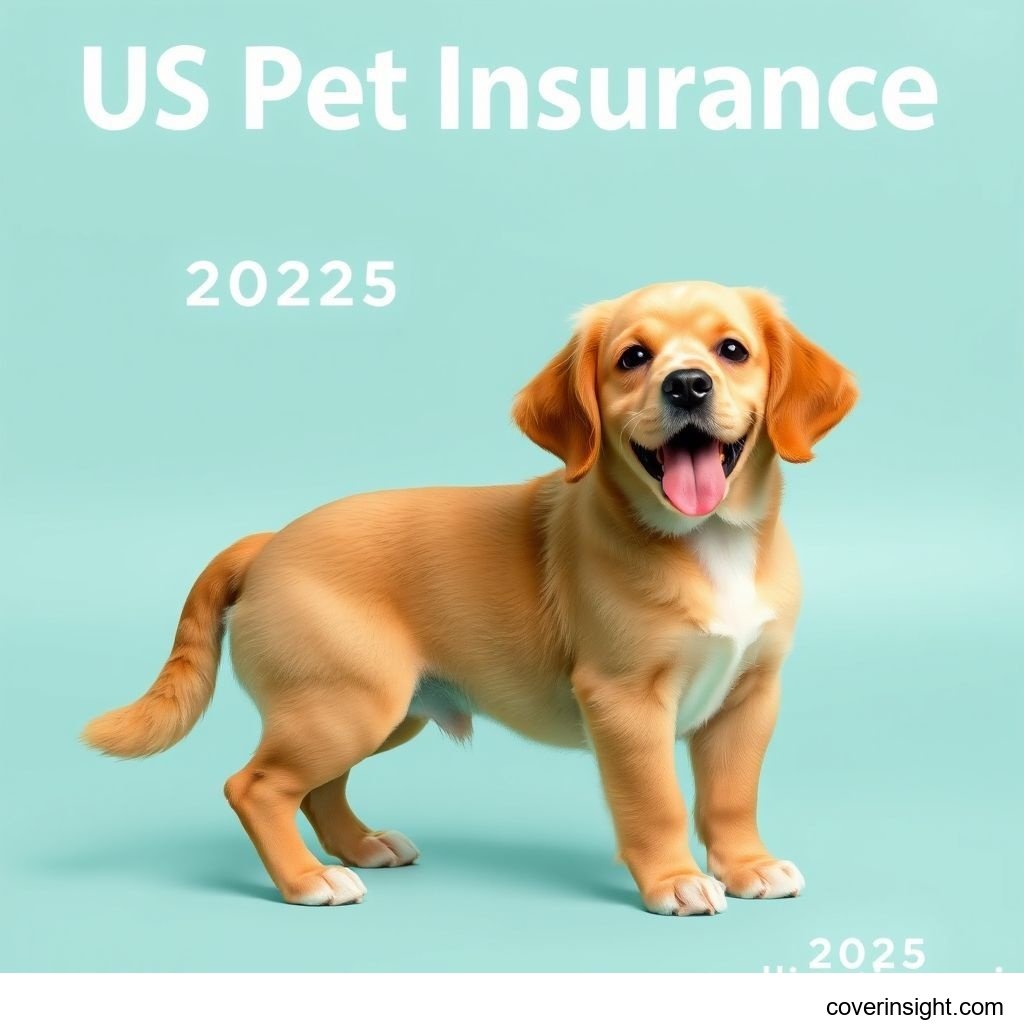
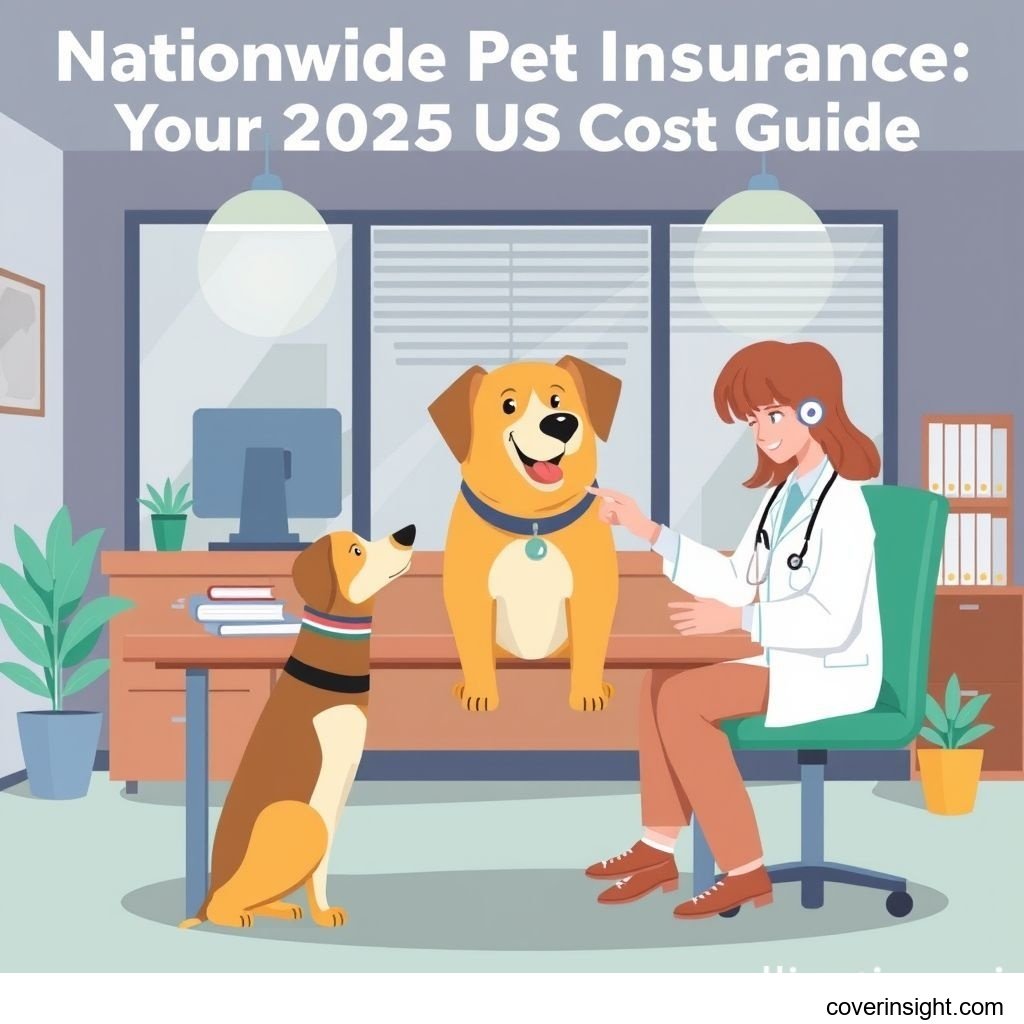
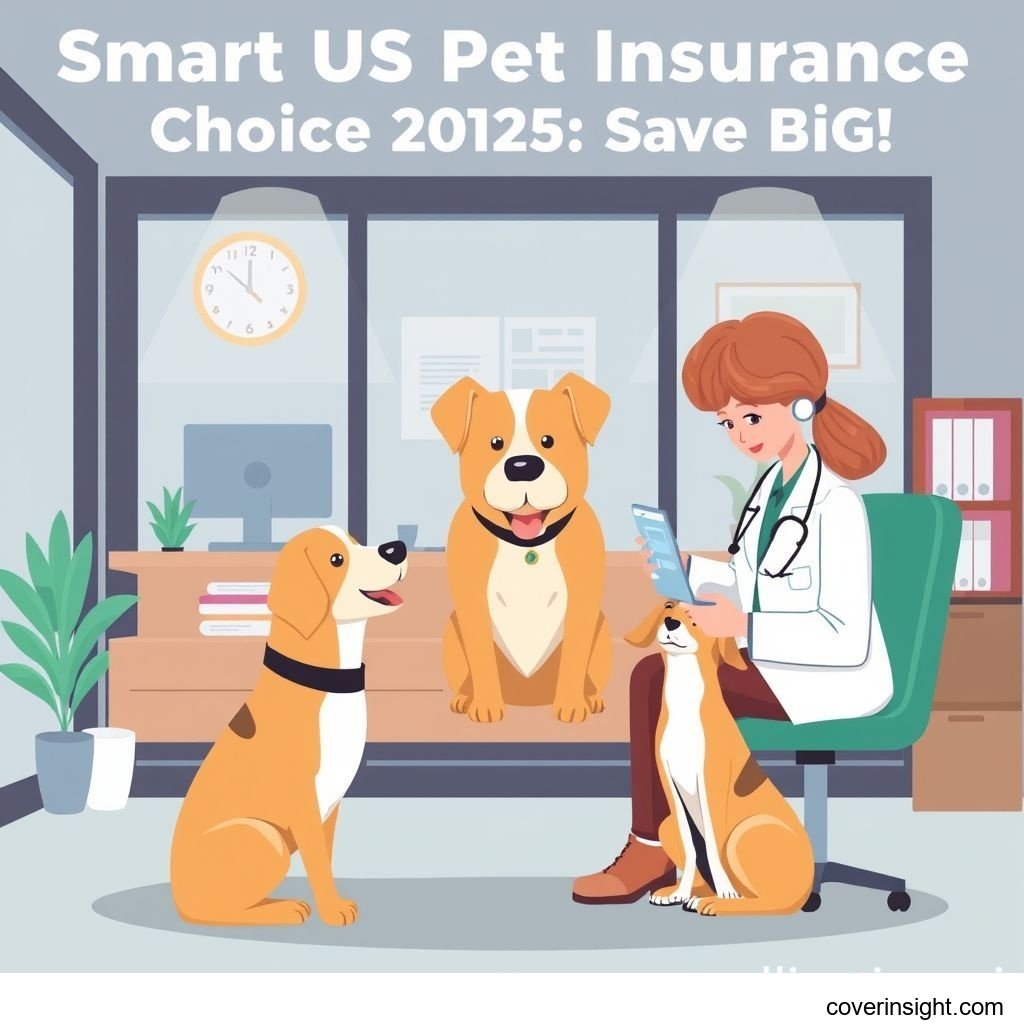





Comments